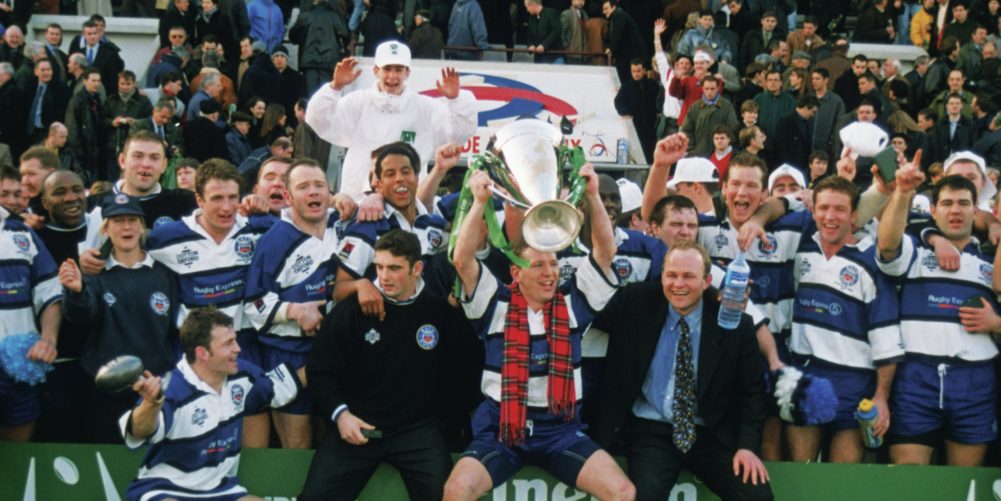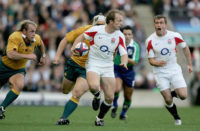NICK CAIN LOOKS AT THE DEMISE OF THE PRIDE OF THE WEST COUNTRY
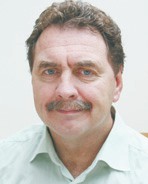
WHAT is wrong at Bath? The club which were the first name in English rugby due to their monopoly of domestic titles in the late amateur era – and also had a landmark triumph in the early pro years when, in 1998, they became the first English club to win the European Cup – have flat-lined, with the energy, ambition and dynamism of those glory days part of an “RIP” past.
Bath achieved European Cup glory by beating the French holders Brive –a team with a potent mixture of backline elan and brutal forward power – in a cliffhanger of a final in Bordeaux before Jeremy Guscott's pass put Jon Callard over for the decisive try of the match.
It left Bath having to repel wave upon wave of Brive attacks, but their character and resolve saw them hold the line to become champions. That sun-kissed afternoon still lives in the memory, but since their triumph by the banks of the Gironde, Bath's fall from the heights to the middling, and often the mediocre, has been virtually uninterrupted.
This season, so far, nothing much seems to have changed. Today, with an early record of three losses and no wins in the Premiership, they have a chance to rise up against Saracens at The Rec.
For the record, the ground's abbreviation now reflects the overall state of its facilities, but the main obstacle to the form book being ripped up is not the urgent need for a stadium facelift so much as a Saracens side that appears to be as relentless in its pursuit of excellence as Bath were in their heyday.
The high playing and coaching standards that saw the north London club become the Premiership's most decorated team, with three European Cup titles and six English, has been reflected in a start to the season that highlights their recovery from the salary cap relegation that would have seen less resilient, organised and determined clubs cut off at the knees. Offensive defence remains the bedrock of the Saracens game, as does their clinical counter-attack and ability to put away chances.
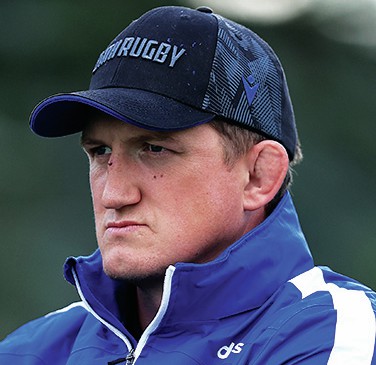
Bath are almost the opposite. In the past 20 years they have become a bye-word for inconsistency despite having more international players than most of their rival clubs in England's top league.
“Bath's current international roster of ten verges on the inexplicable”
Bath's current international roster of ten verges on the inexplicable given their serial underachievement. Anthony Watson, Sam Underhill, Charlie Ewels, Will Stuart, Tom Dunn, Beno Obano and Joe Cokanasiga are all current England squad players, Taulupe Faletau is a Wales regular, and Cameron Redpath has been blooded by Scotland, with Josh Bayliss also awaiting his baptism.
Add to that five more capped England Test players from previous Eddie Jones' squads in Jonathan Joseph, Ben Spencer, Danny Cipriani, Semesa Rokodoguni, Ruaridh McConnochie and Joe Simpson, and youngsters Miles Reid, Tom de Glanville, and Max Ojomoh called into this season's training squad, and the sense of a club capable of fielding 15 full Test caps punching well below its weight is overwhelming. The high points under their millionaire owner Bruce Craig have been even more scarce since he took over the club in 2010 as they were under his predecessor, Andrew Brownsword, who became the club's majority shareholder in 1996.
Brownsword's departure came soon after Bath's reputation was tarnished by a series of incidents of drug-taking. In 2009 England prop Matt Stevens was banned for two years after testing positive after a match for cocaine. Later the same year another Bath player, Australia Test lock Justin Harrison, was suspended for eight months after admitting taking cocaine at an endof-season party in London. Soon afterwards three more Bath players – – Michel Lipman, Alex Crockett, and Andrew Higgins – were banned for nine months by an RFU Disciplinary Panel after refusing to take drug tests following an investigation into events at the same party.
The idea of Bath becoming an increasingly cosmopolitan party town in which the players are treated like local celebs, win or lose, started to circulate. It has coincided according to some supporters with a period in which Bath have not been close to another European Cup since the triumph early in Brownsword's tenure – although they did win the second tier European Challenge Cup in 2009.
It is the only silverware the club have won in the last 23 years. Apart from that Bath have had a couple of sniffs at a domestic title, as losing Premiership finalists in 2004 and 2015, but those highs were offset by the troughs of coming close to being relegated in 2002 and 2003.
What is intriguing is that Craig's reputation for being hands-on in making signings of coaches and players, and in team selection – whereas Brownsword left the playing side to the coaches – has had no impact in terms of improvement.
Instead, Craig, a former England Schools triallist who played at Racing in Paris during the amateur era, has spent many millions on a team which has rarely been better than mid-table despite a high turnover of playing and coaching staff.
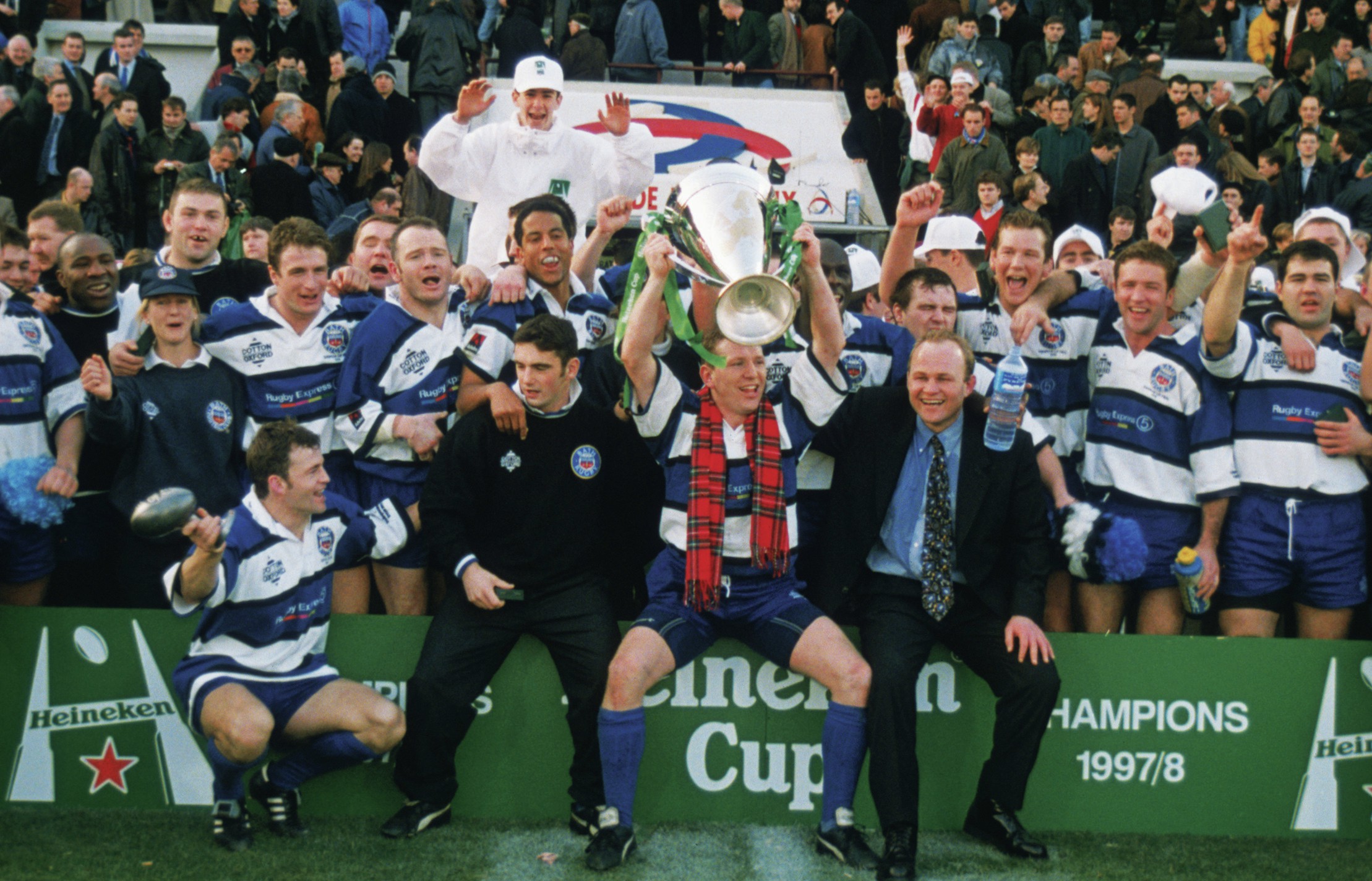
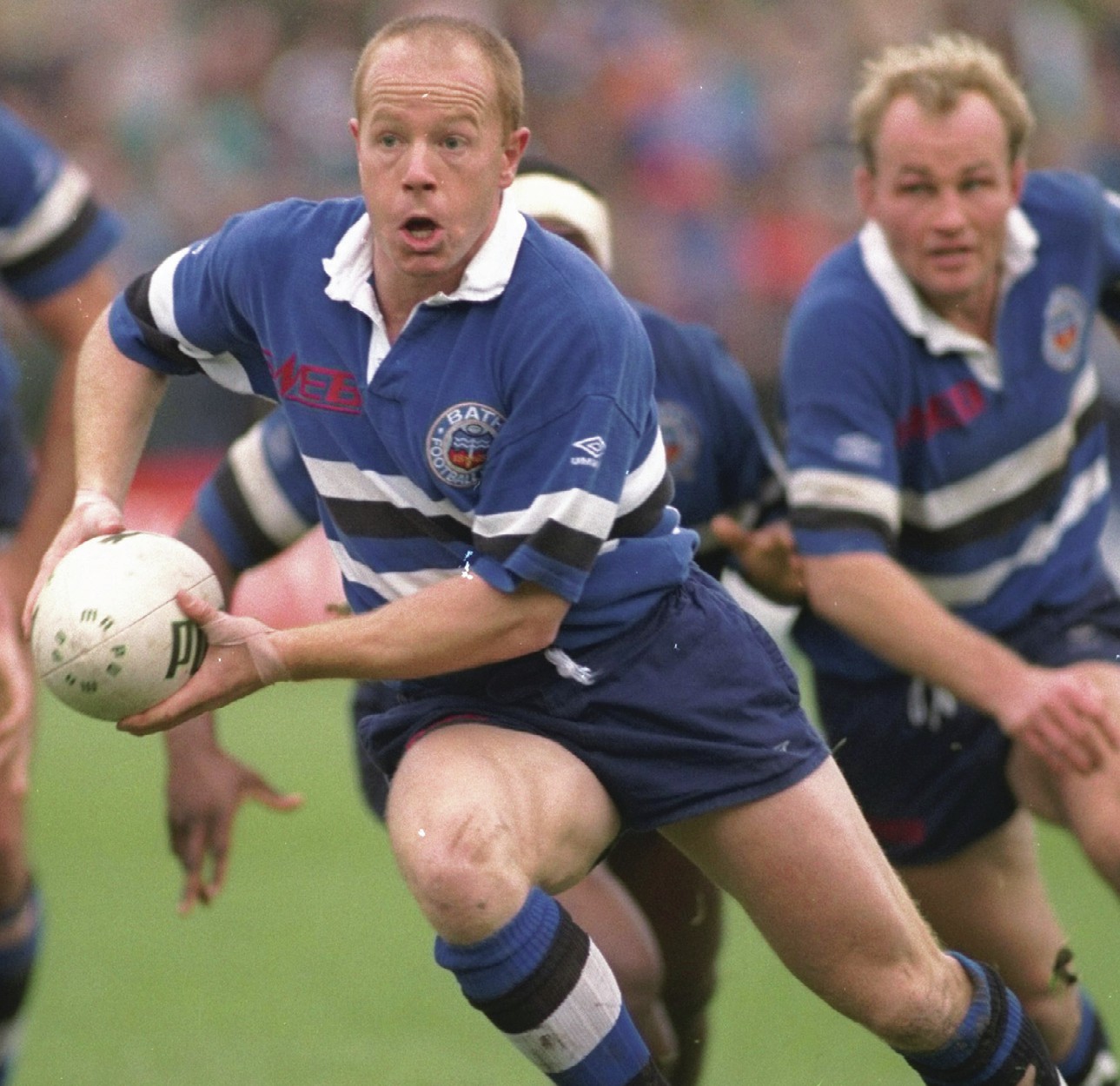
The club's fall from the heights has been watched with dismay by many of the players who took them to the pinnacle of the English club game, winning ten English Cup finals and six Courage League titles between 1984 and 1996.
Richard Hill, the dynamo of a scrum-half who captained England in 1987 and Bath in 1987 and 1988, was first choice for a decade before bowing out after Bath's 21-9 victory over Leicester in the 1994 Pilkington Cup final in front of 68,000 fans at Twickenham.
Hill, who is now coach of Perigueux, who are at the top of France's Federale 1 (fourth division), says that Bath need to break out of the comfort zone they have fallen into, starting with their five star training facilities at Farleigh House.
“I think about what has happened at the dub a lot,” Hill says. “There are not many of us who played for Bath who thought that going to a place like Farleigh House, with all its luxury and stately home lawns, was the right thing. It's just too luxurious, too nice.
“When guys like Dean Richards were playing for Leicester they were known for having a tough training regime, and at Bath in my era we were the same. We used to train in the mud at Lambridge, and it was a school of hard knocks that breeds an edge. Bath players now are in a lovely environment, but they have to get back to earth a bit. I watched them a lot last season, and compared notes with some of my old teammates. We would get frustrated because they are so inconsistent.”
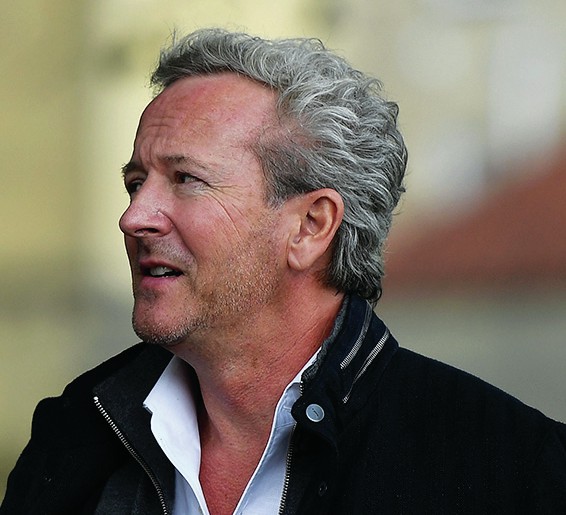
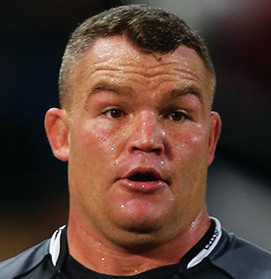
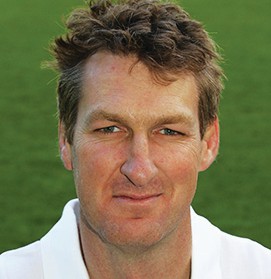
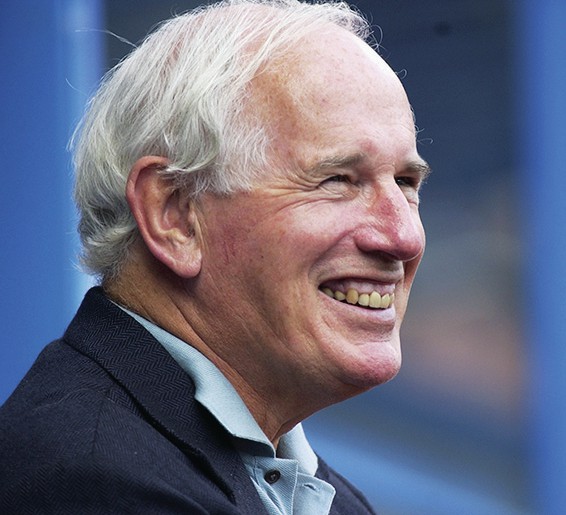
He adds: “When I was (coaching) at Worcester there were a lot of good coaches who went through the club, but there was something there that was not quite right in the link between the owners, the players, and the supporters. There was no real culture. And now, at Bath, I sense the same thing about the culture not being quite right.”
Hill believes there is not enough rigour about the modern Bath mentality: “Stuart Hooper is a lovely man, and by all accounts a very good man-manager, but when I watched him last season doing TV interviews at half-time it struck me that if Bath were winning his confidence was a bit misplaced – and then they'd come out in the second half and get a beating. If you look at Rob Baxter by comparison, even when Exeter's performance is good he always puts a ‘but' in there. That's because you've got to be hard all the time. Bath have some very high profile players at the moment, but it's no good if can take their foot off the pedal.
“You need a hard-nosed approach. The Bath of my era was a group that was very tight-knit. We knew each other very well, and when that happens you play for each other. No one wants to let anyone down, or let themselves down – and that's what we had.
“We also had some very strong characters who were really competitive. This included winners like Graham Dawe, Gareth Chilcott, and John Hall. You are very lucky when you get a group like that, and always the expectation – whether it was from a coach like Jack Rowell, or the players – was that we were going to win.”
“Bath's Farleigh House training centre is just too luxurious, too nice”
Hill offers an anecdote that gives an insight into the unwavering commitment and belief within the Bath ranks. “We even had a little mantra before every match. It was a bit like a form of indoctrination. We joke about it now, but Jack's gambit was always the same. In the final team meeting when Stuart Barnes was captain he'd say, ‘what's the most important thing we are going to do today?'. On cue Stuart used to reply. ‘It's winning Jack, it's winning'. And that was it. Short and sharp.
“Our pattern was to go for the first 60 minutes and batter the opposition down. Often it wasn't that pretty, but then Jerry Guscott would wake up, score a couple of spectacular tries, and leave the supporters feeling good.”
Hill says that one of his biggest concerns about the Bath side now is the lack of clarity in how they play: “You see certain teams in the professional game that have a very clear identity of how they want to play, but when I watch Bath I am never entirely certain what they want to do. Sometimes there's a lot of kicking, but no clear pattern. Instead of counter-attacking they kick it back, and the supporters are disappointed. I would rather see them stick to a plan, and for the players to be clear about it.”
Ask Hill if it ever occurred to him in 1998 that it would be the last time Bath won the European Cup for almost a quarter of a century, he replies. “No, it was a pretty big slide.”
So, how would he set about finding a remedy. “One of the biggest factors is that it requires brutal honesty and criticism within the playing group. In our squad people would tear strips off each other, pointing out mistakes – and some would get so angry with the criticism that it would motivate them to go out there and want to prove a point.”
Hill says that it reinforced the team bond, but it also had its funny side. “The first training session after a match Jack would ask certain players how they thought they had performed. When it was Ollie Redman his stock answer as a second row would be: ‘I won all my own ball, Jack, and a couple of theirs'. We would all shout, ‘you lying bastard' – especially me because I used to have to tidy up the stuff he tapped back!”
However, when we get to the thorny subject of how Bath will fare this season in a European Cup draw that has thrown them in to a pool round which also contains last season's beaten finalists, La Rochelle, and four-time champions Leinster, Hill's first two words are: “Oh dear.”
The resignation in Hill's answer is not because Bath are incapable of occasional big one-off wins. It is because he can see no change to their inconsistency unless there is a willingness to tap into the uncompromising ‘take-no-hostages' mentality embraced by the great Bath side he belonged to.

